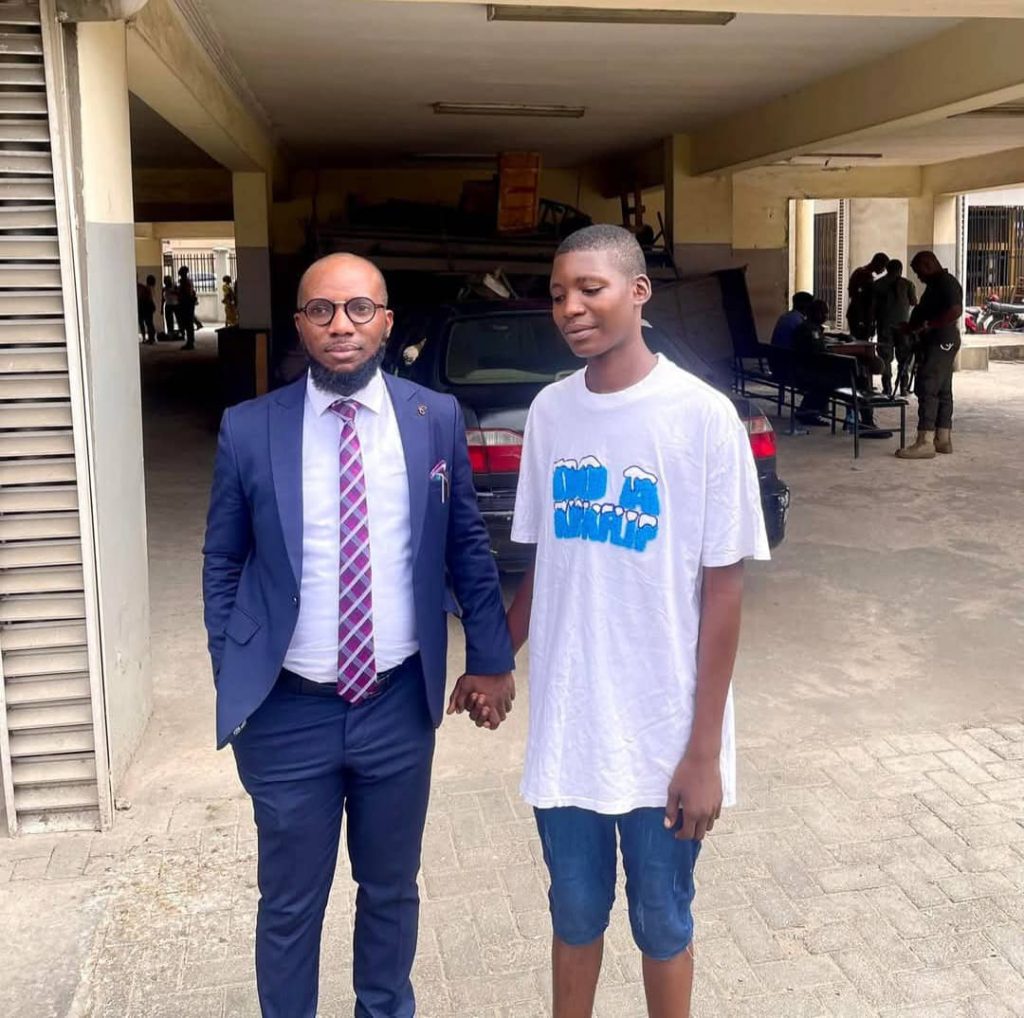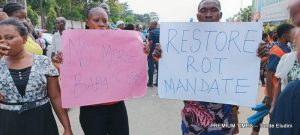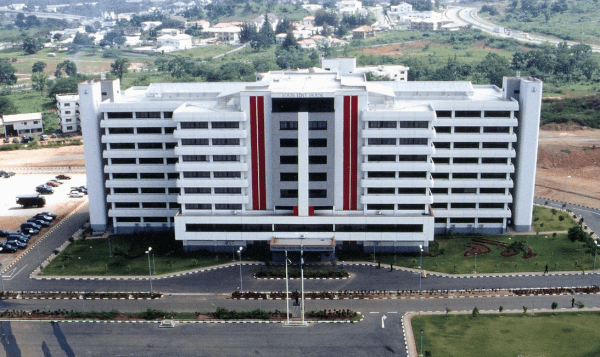Nigeria’s Juvenile Justice Crisis: The Arrest and Release of Quadri Alabi Exposes Systemic Failures

LAGOS – A 17-year-old boy who captured national admiration during Nigeria’s 2023 elections has become the face of growing outcry over police misconduct. After his defiant stand before Peter Obi’s presidential convoy made him an internet sensation, authorities detained Alabi Quadri for nearly three months on fabricated armed robbery charges before finally exonerating him last week.
Legal Battle and Community Intimidation
The case not only ignited fierce debates about Nigeria’s criminal justice system but also revealed disturbing community dynamics. Human rights lawyer Inibehe Effiong directly accused Lagos police of collaborating with criminal elements to frame the teenager. “This isn’t just about Quadri – it’s about thousands trapped in a broken system,” Effiong emphasized to journalists outside Kirikiri Medium Security Custodial Centre.

Abduction and Falsified Charges
Quadri’s ordeal began dramatically on January 22, 2025, when local thugs Lege and Baba Waris allegedly abducted him near his Amukoko home. Shockingly, security camera footage captured officers dragging the teenager into Amukoko Divisional Police Headquarters. Investigators later confirmed officers falsified his age to 18 before charging him with armed robbery, despite the Lagos State Director of Public Prosecutions finding no credible evidence.
Financial Motives Behind Persecution
Meanwhile, Effiong uncovered a financial motive behind the persecution. The lawyer revealed persecutors targeted Quadri’s ₦2 million ($1,300) in donations from supporters. “They explicitly demanded a share. When he refused, they retaliated by conspiring with police,” Effiong stated. Consequently, court documents show community leaders pressured Quadri’s family to provide a cow and 50kg of rice to appease his alleged persecutors weeks before the arrest.

Contradictory Police Narratives
While the Nigeria Police Force scrambled to justify the arrest, their narratives collapsed under scrutiny. Lagos Police Command spokesperson CSP Benjamin Hundeyin initially claimed Quadri participated in a violent January street fight causing ₦8 million ($5,200) in damage. However, magistrate court records show no such charges were filed. Furthermore, human rights monitors documented 14 similar juvenile frame-ups in Lagos since January.
Courtroom Victory and Ongoing Threats
Following a tense legal battle, Magistrate A.O. Olorunfemi condemned the “shocking disregard for due process” during Quadri’s April 17 release hearing. As security tightened at Apapa Magistrate Court, human rights observers packed the gallery to witness the teenager reunite with his mother, who had mortgaged her food stall to fund his defense.
National Reforms and International Scrutiny
In response to mounting pressure, the National Judicial Council announced plans to audit all juvenile detention cases in Lagos. Simultaneously, Senate President Godswill Akpabio promised parliamentary hearings. Meanwhile, Amnesty International reports 22 extrajudicial police killings in Lagos this year alone, prompting the International Criminal Court to monitor Quadri’s case as a potential benchmark for justice reform in Africa’s most populous nation.

